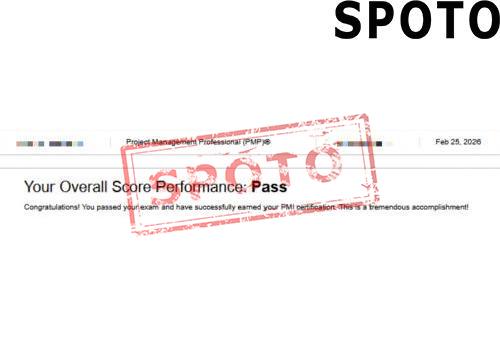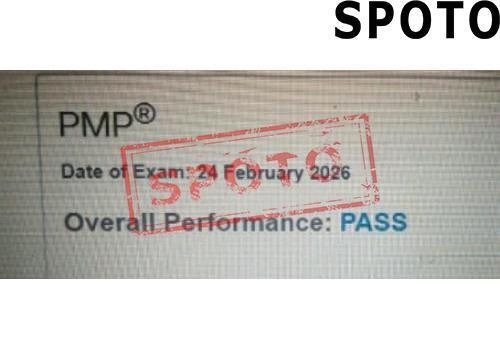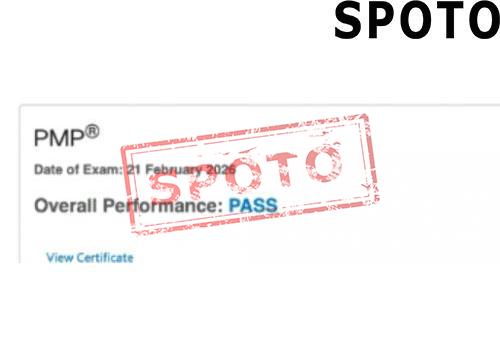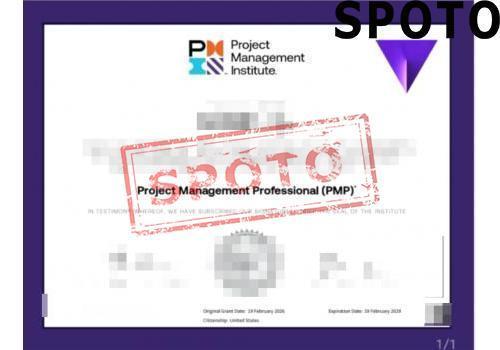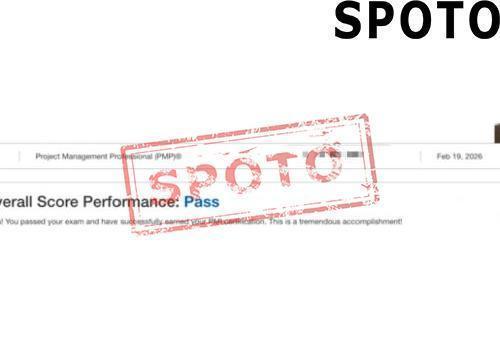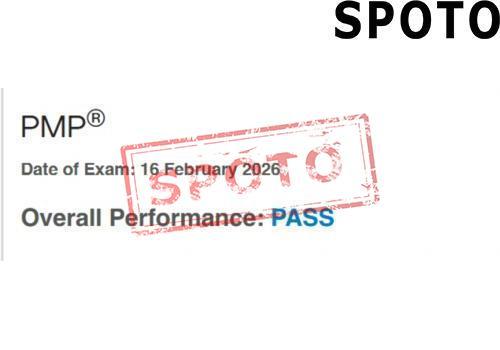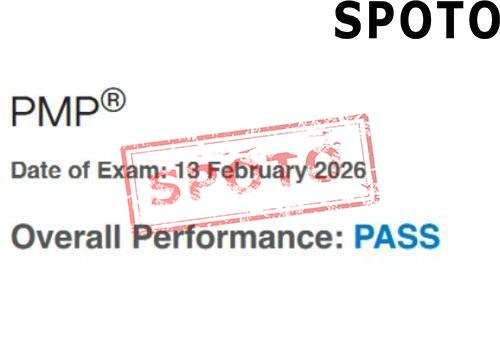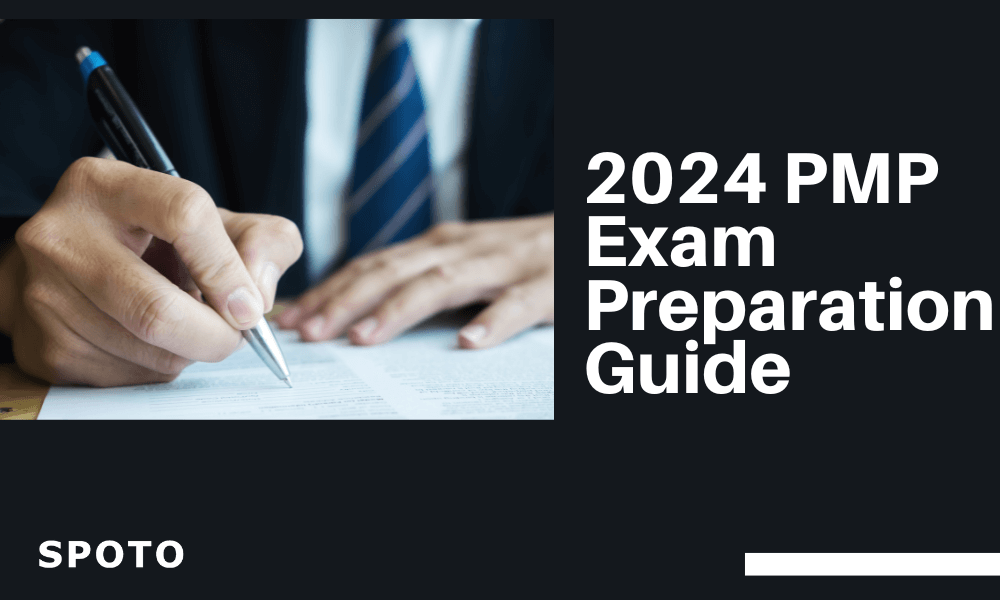
Studying for the Project Management Professional (PMP) exam is no small feat. It requires tremendous effort, time, and diligence. As a globally recognized certification, the PMP exam assesses the knowledge and skills of project managers and is highly regarded in the industry. Many professionals aspire to earn this certification to advance their careers and demonstrate their expertise in project management. However, achieving this goal requires dedication and commitment to studying and preparing for the exam. In this blog post, we will explore the journey of studying for the PMP exam and the essential steps to succeed in this endeavor.
PMP Exam Overview
The Project Management Professional (PMP) certification is a globally recognized credential for project managers. Achieving this certification demonstrates that a project manager has the knowledge, skills, and experience to successfully lead and direct projects. The PMP certification exam is a rigorous assessment of a project manager's understanding of project management principles and practices.
Exam Content:
The PMP certification exam covers ten knowledge areas of project management. These knowledge areas are as follows:
1. Project Integration Management
2. Project Scope Management
3. Project Time Management
4. Project Cost Management
5. Project Quality Management
6. Project Resource Management
7. Project Communications Management
8. Project Risk Management
9. Project Procurement Management
10. Project Stakeholder Management
Each knowledge area addresses specific aspects of project management, and together they encompass the key competencies required for effective project leadership.
Exam Format:
The PMP exam consists of multiple-choice and multiple-response questions, totaling 180 questions. Multiple-choice questions present a scenario or a problem and offer several answer choices, from which the test taker must select the most appropriate one. Multiple-response questions require the test taker to select multiple correct answers from a list of options.
Exam Duration:
Test takers are allotted 230 minutes to complete the exam. This time frame allows for an average of 1.28 minutes per question, providing ample opportunity for thoughtful consideration of each question.
Passing Standard:
To pass the PMP exam, test takers must achieve a correct answer rate of over 60%. This passing standard ensures that certified PMPs have a solid understanding of project management principles and can apply them in real-world scenarios.
Exam Preparation
Proper preparation is key to passing the exam and earning your PMP certification. Here's a comprehensive outline to guide you through the process of preparing for the PMP exam.
Understand Exam Requirements
Before diving into your PMP exam preparation, it's crucial to familiarize yourself with the exam requirements. The Project Management Institute (PMI) offers a detailed outline of the PMP exam content in the PMP Examination Content Outline. Additionally, the PMBOK Guide (Project Management Body of Knowledge) is a fundamental resource that outlines the standard for project management. Understanding these requirements will provide you with a clear roadmap for your preparation.
Learn the PMP Knowledge System
Mastering the basic concepts, principles, methods, and the use of tools and techniques in project management is essential for success in the PMP exam. The PMBOK Guide is an invaluable resource for gaining this knowledge. Additionally, there are various study materials and resources available to help you grasp the intricacies of project management. It's important to dedicate time to thoroughly understand the PMP knowledge system as it forms the foundation of the exam.
Develop a Study Plan
Creating a study plan tailored to your schedule and learning style is a critical step in your PMP exam preparation. Consider factors such as your current knowledge level, available study time, and preferred study methods when crafting your plan. A well-structured study plan will help you stay organized and focused throughout your preparation. Be sure to allocate time for both learning new material and reviewing previously covered topics to reinforce your understanding.
Attend Training Courses
Enrolling in PMP certification exam training courses can significantly improve your preparation efficiency and pass rates. These courses are designed to provide comprehensive coverage of the exam content while offering valuable insights from experienced instructors. Look for reputable training providers with a track record of helping candidates succeed in their PMP exams. The knowledge and strategies gained from these courses can enhance your overall readiness for the exam.
Ace the PMP Exam with SPOTO's Latest Exam Dumps!
Take Practice Exams
Familiarizing yourself with the exam format and content is crucial for success on the PMP exam. Practice exams allow you to assess your knowledge, identify areas that require further attention, and improve your test-taking skills. There are numerous practice exam resources available, including sample questions provided by PMI, commercial exam simulators, and study guides with practice tests. Regularly taking practice exams will help build your confidence and readiness for the actual exam day.
Test Your Readiness with SPOTO's Free Exam Prep Check
Exam Tips
Passing the Project Management Professional (PMP) exam is a significant milestone in the career of any project manager. To help you prepare for success, it's important to understand the key areas where you should focus your study efforts.
Understand Situational Questions
One of the most critical aspects of preparing for the PMP exam is developing a deep understanding of situational questions. These types of questions make up approximately 85% of the exam and require test-takers to apply their knowledge of project management principles to real-world scenarios. To excel in this area, it's essential to have a firm grasp of project management best practices and be able to analyze and evaluate different courses of action in a given situation.
To prepare for situational questions, consider using case studies and real-world examples to test your ability to apply project management concepts in practical settings. Additionally, familiarize yourself with common project management challenges and how they can be addressed using established methodologies. By honing your ability to think critically and make informed decisions in complex project scenarios, you'll be better equipped to tackle the situational questions on the exam.
Master Process Concept Questions
While situational questions make up the majority of the PMP exam, approximately 10% of the questions focus on process concepts outlined in the Project Management Body of Knowledge (PMBOK). These questions require a solid understanding of the various processes involved in project management, including initiating, planning, executing, monitoring and controlling, and closing.
To excel in this area, take the time to thoroughly review the PMBOK guide and familiarize yourself with each process group and the associated knowledge areas. Understanding how these processes interrelate and being able to identify the appropriate actions within each phase of a project will be crucial for answering process concept questions accurately.
Calculations and Professional Ethics Questions
In addition to situational and process concept questions, the PMP exam also includes a smaller percentage of questions related to calculations and professional ethics. Approximately 5% of the exam will test your ability to perform basic project management calculations, such as determining critical path activities or assessing earned value.
To prepare for these types of questions, practice solving sample problems related to cost management, scheduling, and other quantitative aspects of project management. Additionally, familiarize yourself with the PMI Code of Ethics and Professional Conduct, as questions related to professional ethics may cover topics such as conflict of interest, confidentiality, and stakeholder engagement.
Exam Preparation Strategies
In addition to focusing on specific question types, there are several general strategies that can help you prepare effectively for the PMP exam. Consider incorporating the following approaches into your study plan:
1. Utilize Practice Exams: Taking practice exams can help you become familiar with the format and structure of the PMP exam. Look for reputable practice tests that closely mimic the actual exam experience, and use them to identify areas where you may need additional study.
2. Leverage Study Materials: Invest in high-quality study materials, such as PMP prep books, online courses, and study guides. These resources can provide comprehensive coverage of the topics you'll encounter on the exam and offer valuable practice questions and exercises.
3. Join Study Groups: Connecting with other PMP candidates through study groups or online forums can provide opportunities for collaborative learning and sharing of study tips and resources. Engaging with peers who are also preparing for the exam can offer valuable support and motivation.
4. Focus on Weak Areas: As you progress through your study plan, pay particular attention to areas where you may have less experience or knowledge. Devote extra time to mastering these topics to ensure that you're well-rounded in your understanding of project management principles.
5. Time Management: Practice managing your time effectively while answering practice questions and simulated exams. The PMP exam is timed, so developing a sense of how long to spend on each question can help you work efficiently during the actual test.
By incorporating these strategies into your PMP exam preparation, you can build a solid foundation of knowledge and skills that will serve you well on test day. Remember that success on the PMP exam requires not only a strong grasp of project management principles but also the ability to apply that knowledge in practical situations.
Conclusion
In conclusion, pursuing the Project Management Professional (PMP) certification is a challenging yet rewarding endeavor that demands dedication, time, and diligence. The PMP exam serves as a comprehensive assessment of a project manager's knowledge and skills, covering essential project management principles across ten key knowledge areas. Proper preparation is crucial for success, involving understanding exam requirements, mastering the PMP knowledge system, developing a personalized study plan, attending training courses, and taking practice exams. To excel on the exam day, test-takers should focus on understanding situational questions, mastering process concepts, and preparing for calculations and professional ethics inquiries. By implementing effective exam preparation strategies and staying committed to continuous learning and improvement, aspiring PMPs can increase their chances of passing the exam and demonstrating their expertise in project management to advance their careers.
